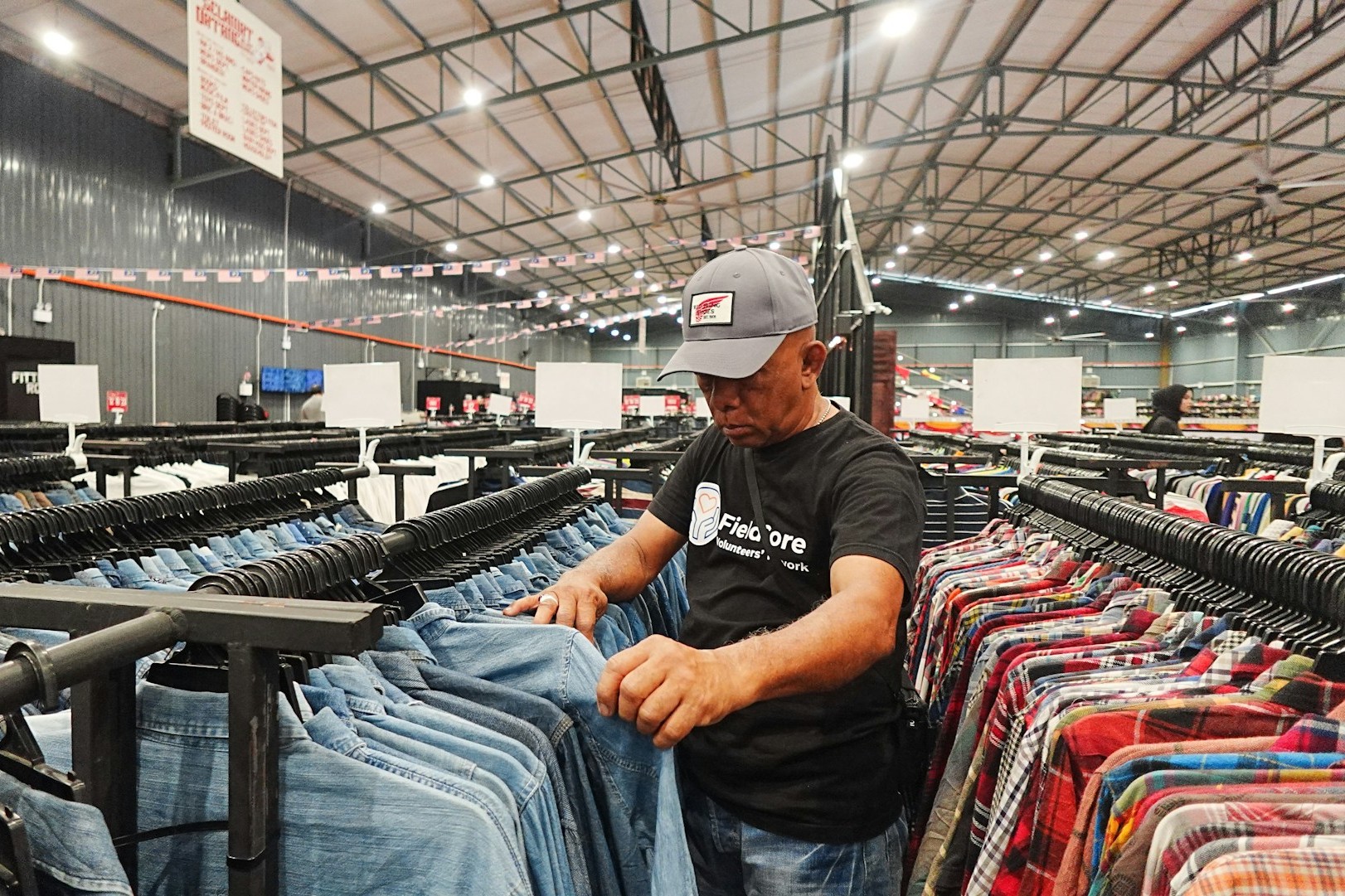The Indonesian Minister for Micro, Small, and Medium Enterprises (MSMEs), Maman Abdurrahman, announced a sweeping ban on thrifting activities—the sale of imported second-hand clothing—across online marketplaces.
Maman stated that the ministry had instructed Temmy Satya Permana, Deputy for Small Business Affairs, to contact major e-commerce platforms to ensure immediate compliance with the policy.
“I have already instructed the Deputy for Small Business to reach out to e-commerce platforms so they stop giving advertising access to thrifting items. And thank God, this morning we saw that several e-commerce stores have already been closed,” Maman said during the opening of the Expo Keuangan dan Seminar Syariah (EKSiS) at Lippo Mall Nusantara, Jakarta, Thursday (Nov 6, 2025).
E-Commerce Platforms Summoned for Policy Compliance Review
The MSME Ministry will summon online platforms on Friday (Nov 7) at 9:00 a.m. WIB to monitor and verify the enforcement of the ban.
“I’ve also asked the Deputy to summon e-commerce platforms tomorrow. We want to monitor—have they followed through? I’ve made it clear: stop selling second-hand clothes,” Maman emphasized.
Coordination Across Ministries to Block Illegal Imports
According to Maman, the Ministry of Finance—through the Directorate General of Customs and Excise—plays a crucial role in blocking the entry of illegally used clothing at the border.
“The upstream process lies with the Ministry of Finance because imported goods enter through them. Now we need consistent enforcement from Customs officers to stop these goods there. Then, our job comes in the middle,” he explained.
He added that the Ministry of MSMEs will consolidate and regulate e-commerce platforms, ensuring that online shops offering such products are closed.
Supporting Local MSMEs to Replace Imported Used Goods
Maman reiterated that the ministry’s broader goal is to promote local MSME products as substitutes for imported used clothing.
“Now it’s our responsibility at the MSME Ministry to push product substitution, call and consolidate e-commerce platforms, and ensure those selling such products are closed,” he said.
Through this policy, the government expects local small businesses to expand their market share and strengthen domestic production capacity. The initiative also aims to motivate local producers to enhance creativity and product quality in response to the growing demand for affordable fashion.
PHOTO: UNSPLASH
This article was created with AI assistance.
Read More






 Friday, 06-02-26
Friday, 06-02-26







